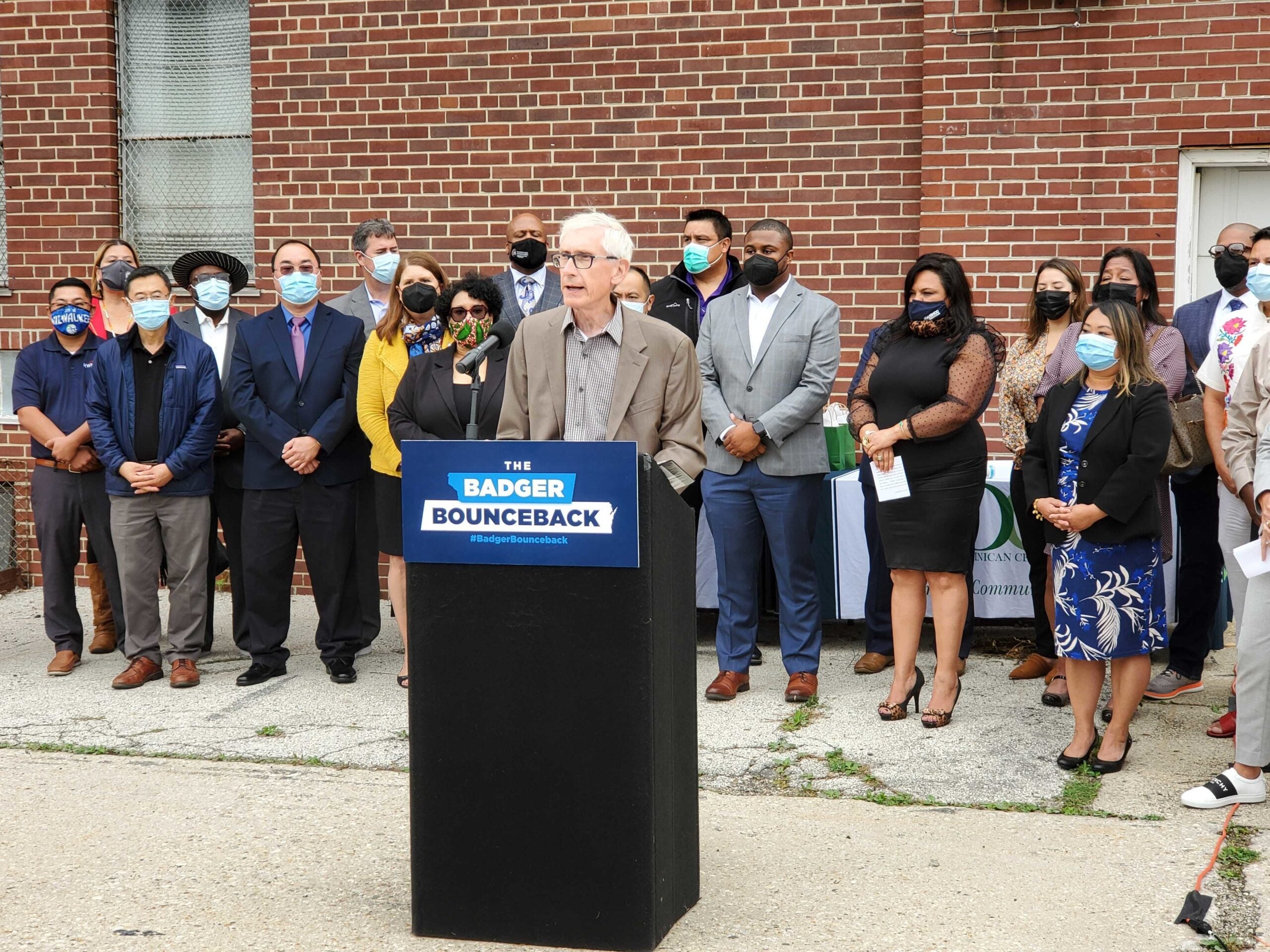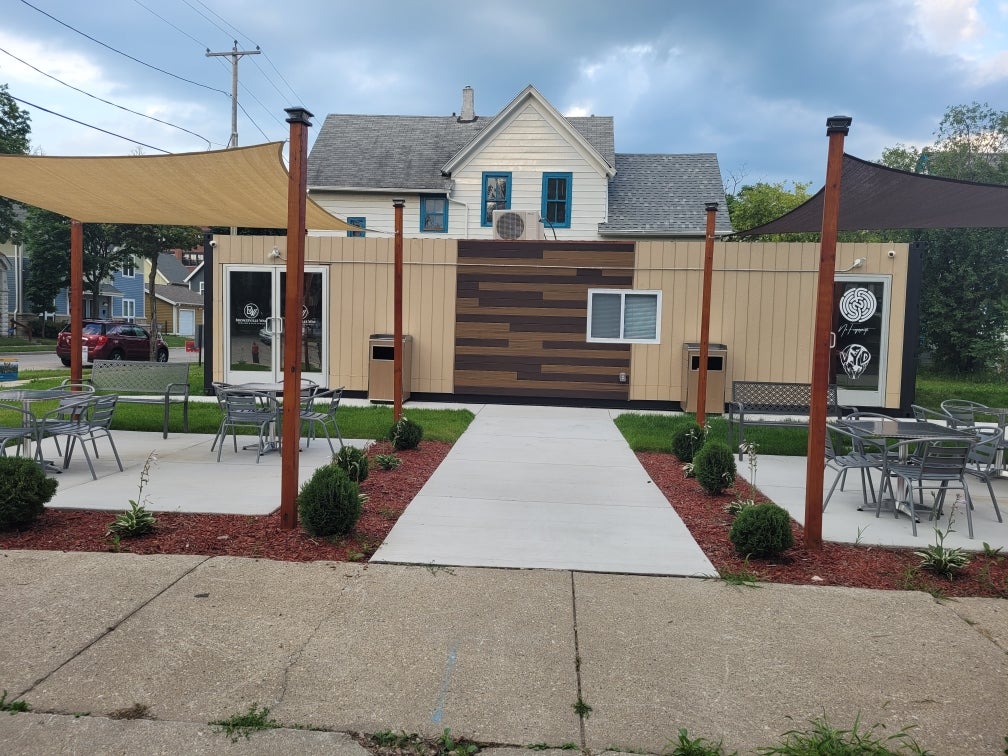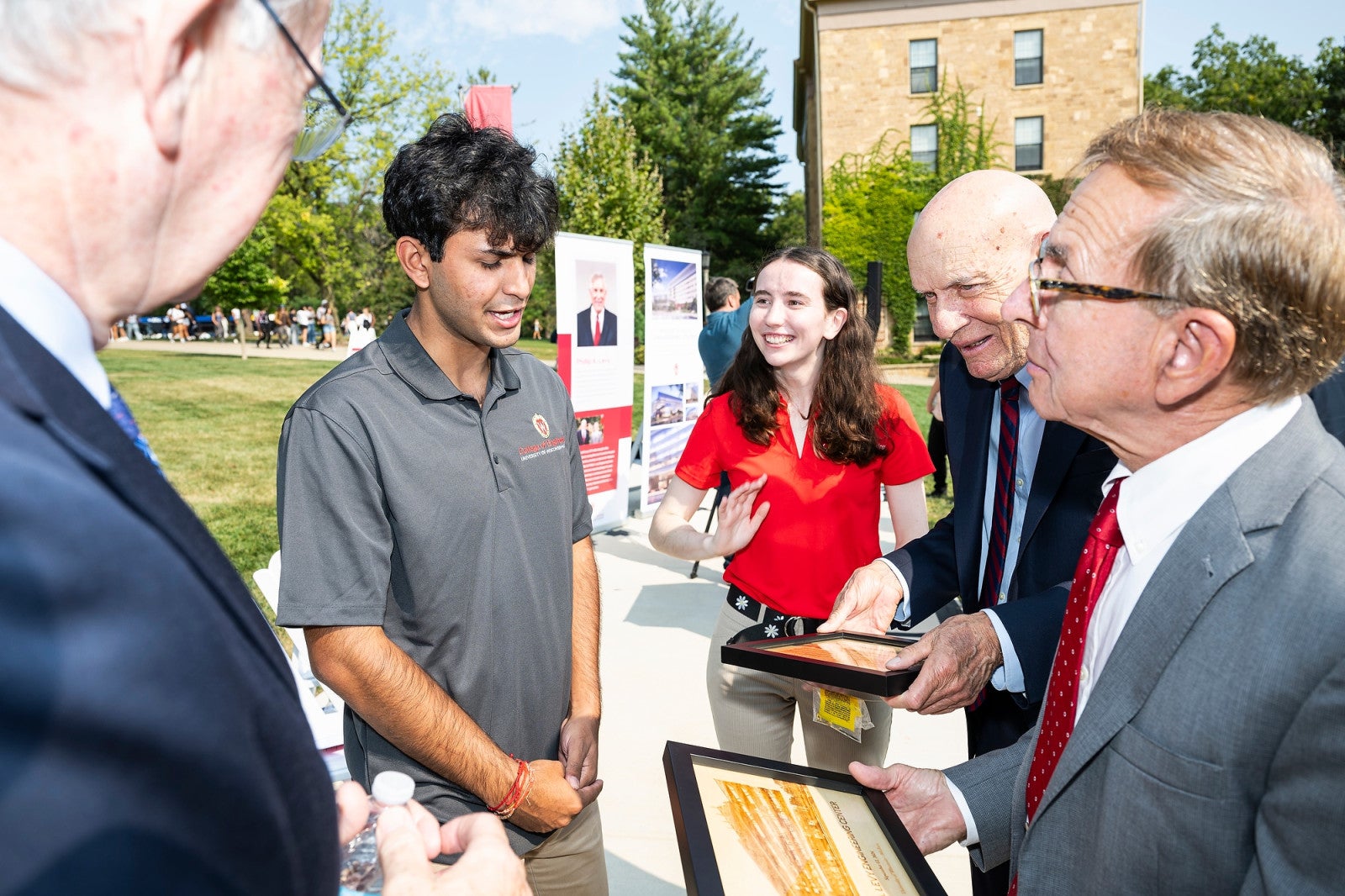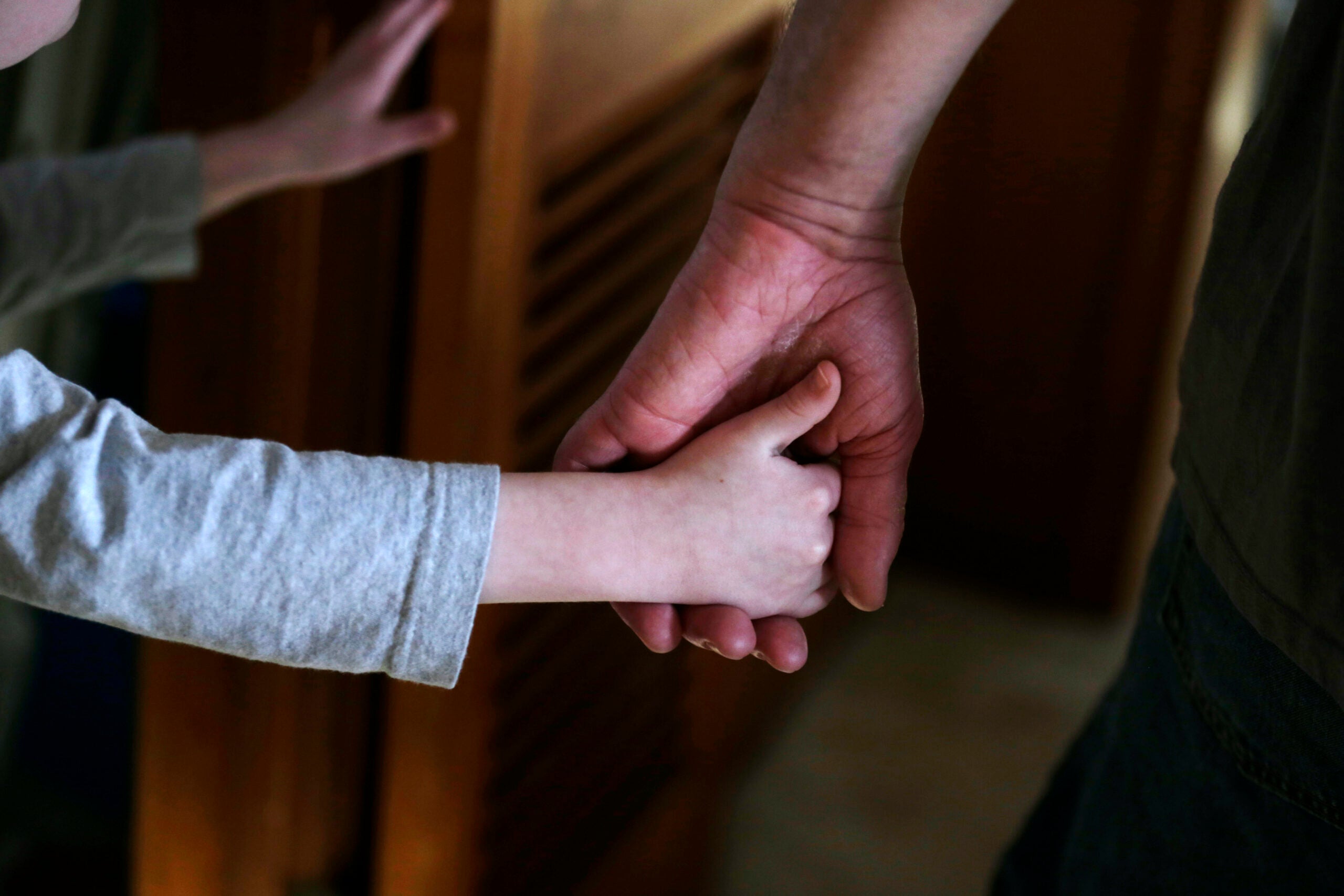Communities of color throughout Wisconsin could receive support for business investment under new grants totaling $75 million. Gov. Tony Evers said Tuesday the grants are meant to help those communities rebound from the economic effects of the COVID-19 pandemic.
Grants of $37.5 million will go to chambers of commerce for underserved communities as part of the state Diverse Business Assistance Grant program. The other half of the money, which will be used for the state Diverse Business Investment Grant program, will go to small businesses by way of community development funds.
All of the money comes from Wisconsin’s share of federal pandemic relief funding from the American Rescue Plan Act.
News with a little more humanity
WPR’s “Wisconsin Today” newsletter keeps you connected to the state you love without feeling overwhelmed. No paywall. No agenda. No corporate filter.
Evers announced the programs Tuesday afternoon outside Milwaukee’s Dominican Center alongside leaders of state minority business groups.
“It’s no secret that the pandemic has had disproportionate effects on many communities, whether we’re talking about health or economy,” said Evers.
Black and Latino-owned small businesses throughout the nation have struggled to get help during the pandemic. Many found themselves effectively shut out of the initial round of federal Paycheck Protection Program loans.
But state Rep. Kalan Haywood, D-Milwaukee, said issues of inequality extended back to well before the pandemic.
“(What) the pandemic has done is amplify and put a magnifying glass on those preexisting issues that were in our communities, especially communities of color and diverse communities,” said Haywood.
Evers said a sustainable and successful economic recovery for the state coming out of COVID-19 depends on helping communities across the state rebound.
“Right now, we have the opportunity to build the sort of future we want for our state, so one that is equitable, just and works for everyone,” said Evers. “When our small businesses thrive, so do our communities around them, and so does the state of Wisconsin.”
Jessica Cavazos, who leads the state Latino Chamber of Commerce, said the goal is to keep businesses going, because so many of them only have a few months of cash on hand.
“A lot of that money that’s coming in is going back into payroll,” said Cavazos. “A lot of them are mom-and-pop shops or they’re microbusinesses, so they just need to have some form of lifeline to keep their businesses afloat.”
Cavazos said many of those small businesses helped keep the economy going during the pandemic.
“Minority entrepreneurs play a vital role in the economy and its growth,” said Cavazos.
Maysee Herr, executive director of the Hmong Wisconsin Chamber of Commerce, acknowledged the role groups such as hers play in helping businesses get off the ground and succeed.
“We provide technical assistants that make it possible for those who may not have had the ability to be able to receive funding through a traditional bank,” said Herr. “We help provide them the resources they need so that they can survive.”
Herr said the grants would allow “the opportunity to expand our reach across the state.”
“We have had to operate on a shoestring budget,” said Herr. “For many of us, growing up in the backgrounds that we did, we’ve learned to do it well. However, we should not have to do that.”
Marjorie Rucker, chair of the Ethnic and Diverse Business Coalition, said the grants would put businesses and organizations on “a trajectory and scale and growth,” though she noted the grants would not solve issues of inequity overnight.
“It will take the continued countless hours of work that my peers and I put in, as well as the continuing work with our partners statewide to turn the tide,” said Rucker. “But this is a great start.”
Applications for the new programs will open in a few weeks.
In addition to the new grants, Evers also announced the opening of applications for a previously-announced $50 million Equitable Recovery grant program. That program is meant to support groups providing resources to help eliminate inequities throughout Wisconsin.
Wisconsin Public Radio, © Copyright 2025, Board of Regents of the University of Wisconsin System and Wisconsin Educational Communications Board.







